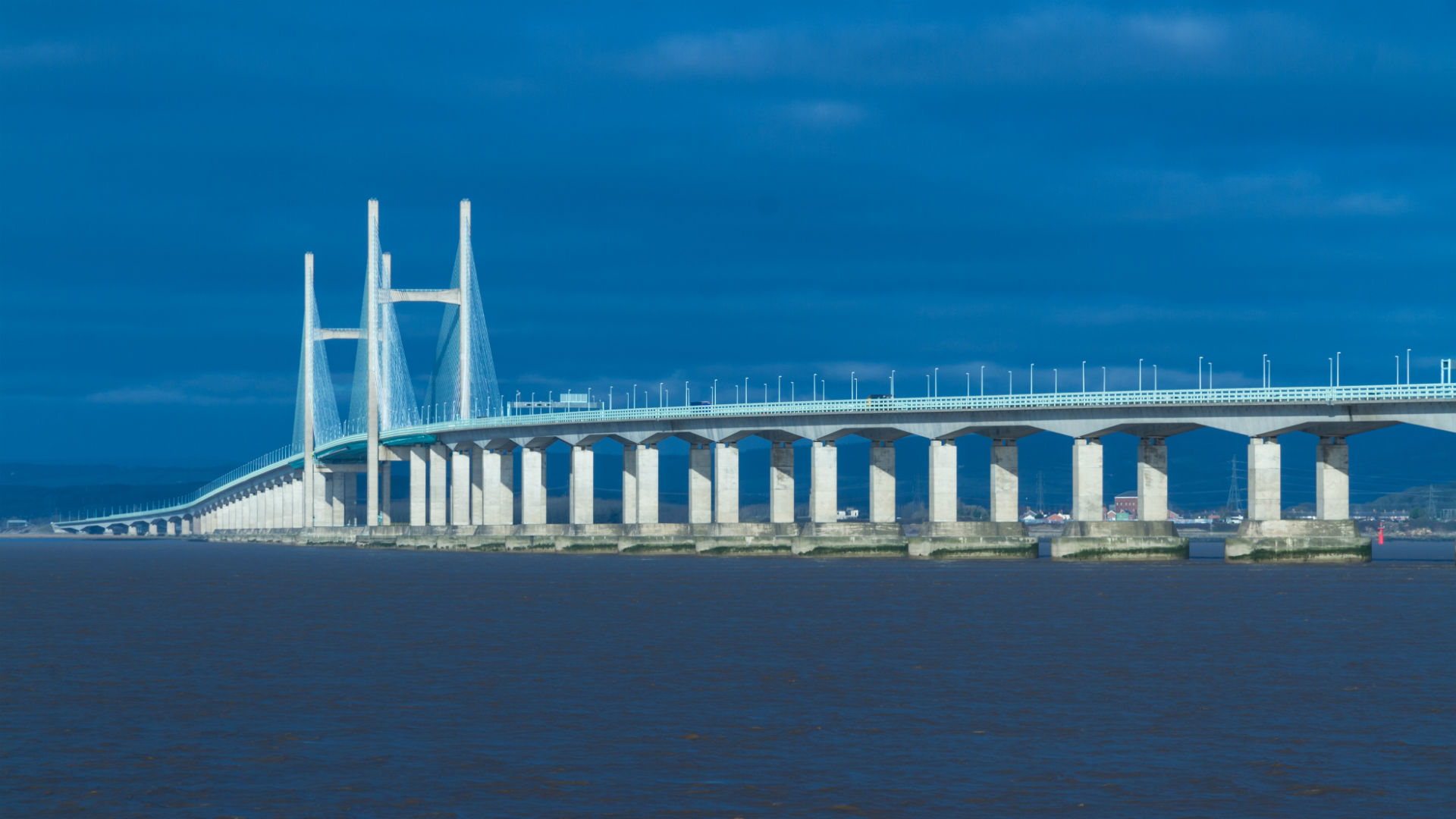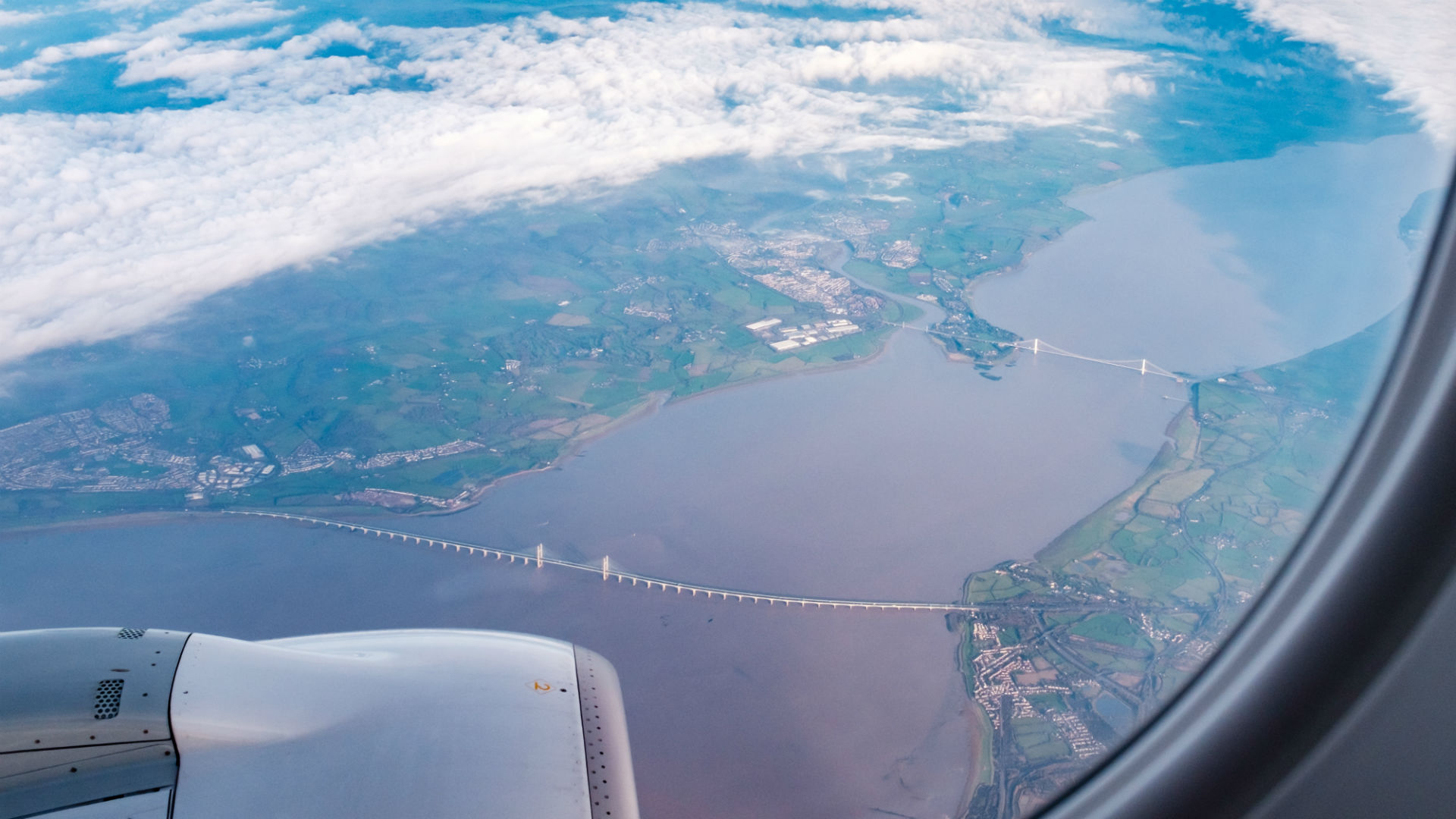
It’s a year since the removal of tolls on the Severn crossings. In that time, drivers have saved around £365,000 a day.
Until the toll was abolished, drivers were paying £5.60 to travel westbound into Wales. The move has saved commuters as much as £1,400 a year.
As a result, journeys into Wales over the Prince of Wales Bridge have increased by 16 percent, with an average 39,000 journeys being made each day.
The Prince of Wales Bridge – also known as the Second Severn Crossing – opened in 1996 to ease the pressure on the original Severn Bridge.
It cost £332 million to construct, but the overall cost, including debt repayments, interest and tax, spiralled to more than £1.3 billion.
When announcing the end of the tolls, the Welsh secretary Alun Cairns said: “The decision to abolish the Severn tolls next year sends a powerful message to businesses, commuters and tourists alike that the UK government is committed to strengthening the Welsh economy.

“By ending tolls for the 25 million annual journeys between two nations, we will strengthen the links between communities and help to transform the joint economic prospects of south Wales and the south-west of England.
“I want to ensure that visitors and investors know what Wales has to offer socially, culturally and economically. Most importantly, I want the world to know how accessible we are to business.”
It is thought that people have paid to cross the Severn Estuary since the 12th century, be it on a ferry, on a train, or in a car.
‘Paying dividends‘
Government minister for Wales David TC Davies said: “Over the last year, drivers have reaped the benefits of free road travel into Wales, which is paying dividends for businesses across both sides of the Severn.
“We are better connected economically as a result and through the Western Gateway initiative we will harness the joint strengths of these two regions while respecting our distinct identities and traditions.
“The UK Government is committed to boosting Wales’ transport infrastructure and connectivity which is central to ensuring we raise our game economically and boost our productivity as a result.”